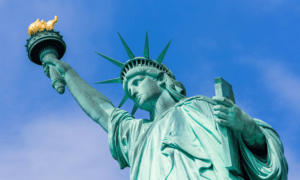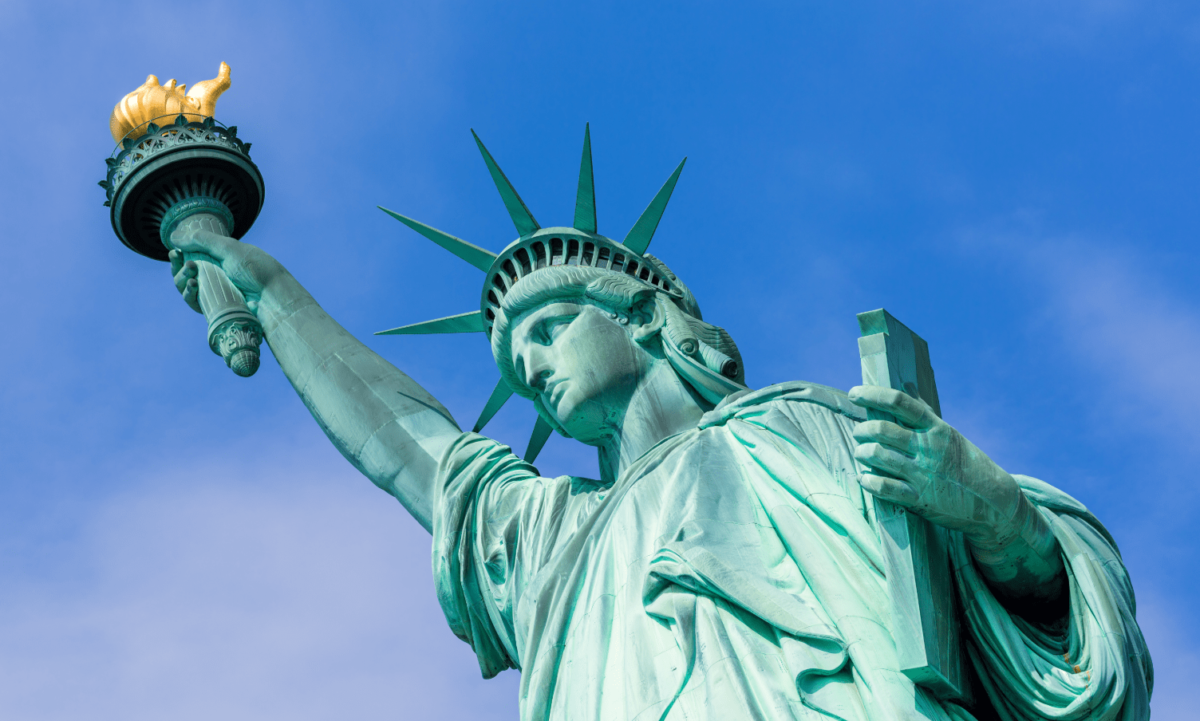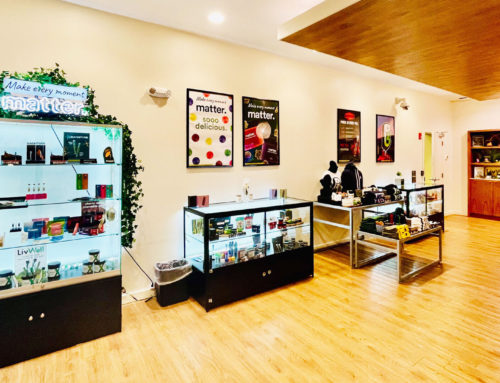
New York Gov. Andrew Cuomo has revived the prospects for legalizing adult-use marijuana sales in 2020 through the state’s Legislature, but cannabis businesses are taking a tentative approach after legalization efforts failed a year ago and similar sticking points remain.
If the state approves adult-use cannabis sales, it is expected to create a multibillion-dollar recreational market as it matures, with New York City as the hub.
Market size would depend in part on how many licenses are allowed and potential business restrictions.
Cuomo, a Democrat, renewed his commitment to push to legalize a commercial adult-use marijuana market in his recent State of the State address and in the budget plan he announced this week.
Reasons it could happen in 2020
What makes legalization in New York more likely this year than 2019?
Industry experts list several factors:
- New York faces a $6 billion budget gap. The state estimated that cannabis sales could generate $300 million in tax revenue annually when the adult-use market matures.
- Neighboring states could apply pressure. New Jersey’s lawmakers have placed adult-use legalization on the 2020 ballot. That could compel New York’s Legislature to act.
- Public support for adult-use legalization is strong. A Siena College poll released Jan. 21 showed the New York public in favor of adult-use legalization by a margin of 58% to 38%.
However, some of the same obstacles seem to exist from last year’s adult-use legalization efforts, such as lawmakers coming to an agreement on where revenues would go and satisfying key legislative leaders that communities disadvantaged by the war on drugs will benefit.
Finance hurdles and other barriers ahead
Cuomo’s comments have encouraged businesses that are eager to enter the New York adult-use cannabis market – but companies obviously have some skepticism, said Rob DiPisa, co-chair of the cannabis law group at Cole Schotz in New Jersey.
Several of DiPisa’s clients are setting their sights on New York, which he described as the “juggernaut” of the East Coast.
“There’s so much more involved in the process than just support from the governor,” DiPisa said. “I think a lot of the businesses that have targeted New York are almost a bit jaded, so I don’t think the announcement sparks any kind of renewed focus. It’s always been there.”
For those thinking legalization could pass this year, certain aspects take lead time, DiPisa said, such as finding real estate where plant-touching activities would be allowed and making sure the local community is supportive.
Marijuana businesses eyeing the potentials of a New York recreational marijuana market would face significant challenges surrounding financing.
License applications alone could run into the hundreds of thousands of dollars depending on consulting fees – not to mention the costs of launching an operation. Currently, funding is tight in the cannabis industry.
Licensing and social equity questions
General details about Cuomo’s recreational legalization plan were released in his State of the State and budget documents, including a proposal to create an Office of Cannabis Management to oversee adult use.
The documents also emphasized a goal to create social equity licensing opportunities and an “egalitarian” market structure, with market entry eased through technical assistance, entrepreneur incubation programs and access to capital.
Last year’s plan also proposed separate grower, processor and retail licenses versus the vertically integrated structure of the state’s medical marijuana program.
It’s unclear how New York’s 10 existing medical marijuana license holders might be treated under adult-use legalization.
Last year, they were fighting to get priority in the licensing process for the adult-use market, arguing that would represent the best way to launch the industry and generate revenues for the state.
Jeremy Unruh, director of regulatory and public affairs for Illinois-based PharmaCann, one of New York’s medical cannabis license holders, wrote in an email to Marijuana Business Daily this week that he hasn’t yet seen a new or revised draft bill.
But he expects to see some of the same concepts that were in the 2019 version.
Cuomo hosted a Northeast governors summit last fall as a first step toward developing a regional approach to recreational marijuana legalization, so the proposed legislation could in part reflect those principles.
Unruh also said legislation “probably will be informed by the concepts that Illinois has successfully passed in its law.”
For example, the social equity program in Illinois is being closely watched as a possible template for similar efforts across the country.
In Illinois, existing medical cannabis operators got the first crack at the recreational market, and the program got off to a quick start with more than $10 million in sales in the first week of sales alone.
Jeff Smith can be reached at [email protected]





Leave A Comment